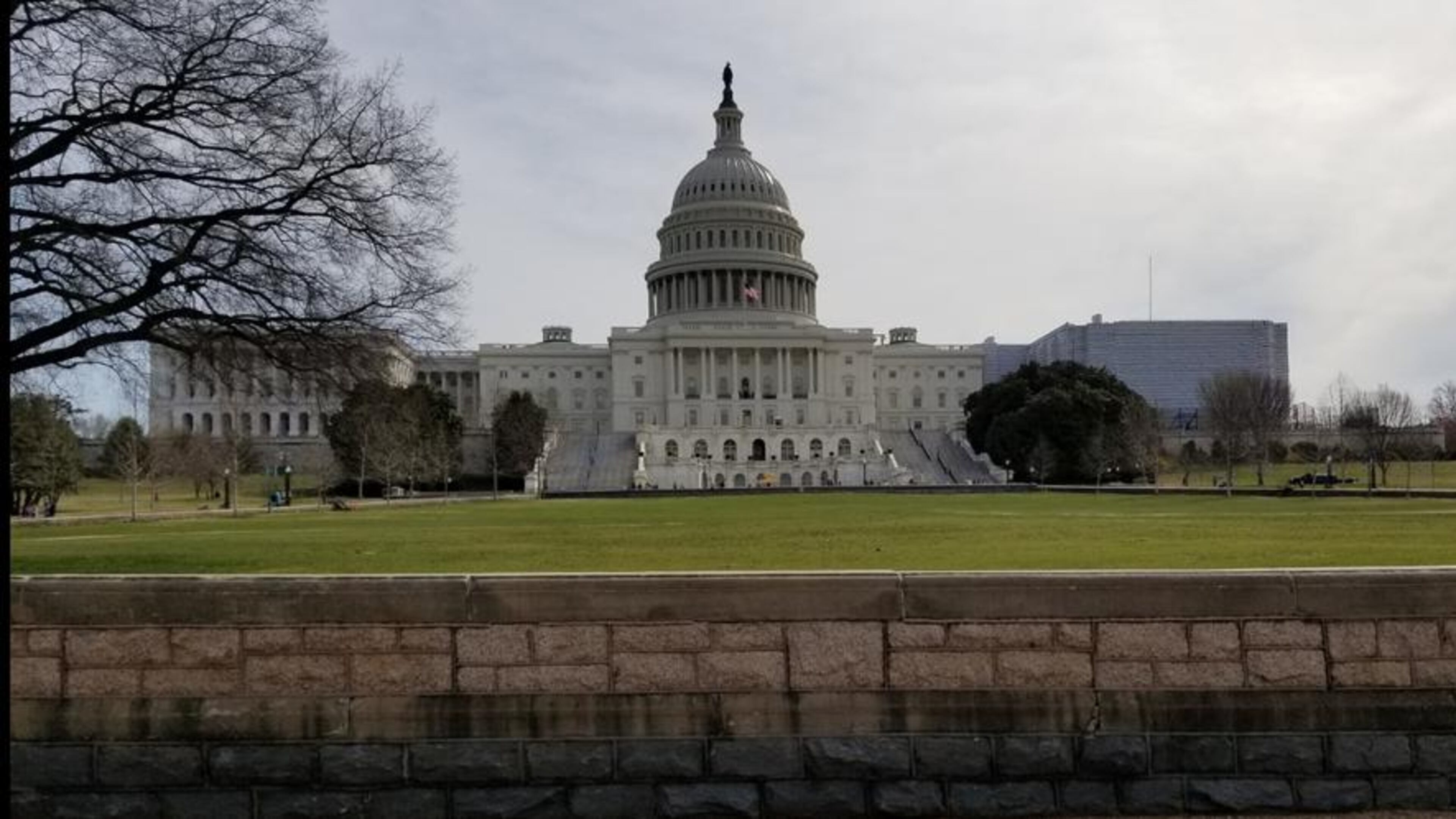House expected to fail to override Trump on border wall

Without enough votes from Republicans in the Congress, Democrats in the House are expected to fall short on Tuesday in their bid to override President Donald Trump's veto of a plan which would block his national emergency declaration from funneling billions of dollars from the Pentagon to construction of a wall along the southern border with Mexico.
While both the House and Senate approved the plan to reverse the President's emergency declaration, neither chamber had enough votes for a veto override, which will allow Mr. Trump to move money around within military construction accounts in the Pentagon, shifting at least $3.6 billion from that funding into a border wall.
"The Republicans in the House voted overwhelmingly in favor of a secure border," the President said when he vetoed the resolution earlier this month.
"Congress has the freedom to pass this resolution - I have the duty to veto it," Mr. Trump added.
Veto Message to the House of Representatives for H.J. Res. 46: https://t.co/9Z5JHAUv6N pic.twitter.com/lA4RSYTZo0
— Donald J. Trump (@realDonaldTrump) March 16, 2019
"Whether we can succeed with the number of votes is not the point," said House Speaker Nancy Pelosi. "We are establishing the intent of Congress," as Democrats argue the President is wrongly defying the Legislative Branch, and its spending decisions on the border wall.
"Both Houses of Congress, in a bipartisan way, sent him a bill that said this is how we’ll address border security," the Speaker told reporters. "He defied the Constitution with his action."
Still not spelled out by the Trump Administration is what military construction projects would lose money in order to funnel extra money to a border wall.
The Pentagon last week gave lawmakers a 21 page document which listed dozens of projects that could lose money - but officials repeatedly emphasized that no decisions had been made on exactly what projects might see their money stripped in order to fund the wall.
“I hope they will take that into consideration before the vote to override the President’s veto,” said Sen. Jack Reed (D-RI).
Critical national defense projects across IL could lose funding to pay for Trump’s border wall. Illinois’s Scott Air Force Base could lose out along with a new crash + rescue facility in Peoria, where I flew helicopters. Defunding them would be reckless & irresponsible. https://t.co/vowo57ZBGo
— Tammy Duckworth (@SenDuckworth) March 25, 2019
But even with questions still unanswered about what home state projects might be scrapped, Democrats have seemingly made no headway in driving a wedge between GOP lawmakers and the White House on the issue, as the Tuesday vote arrives in the House with no expectation that Democrats will come close to the needed two-thirds super majority.
